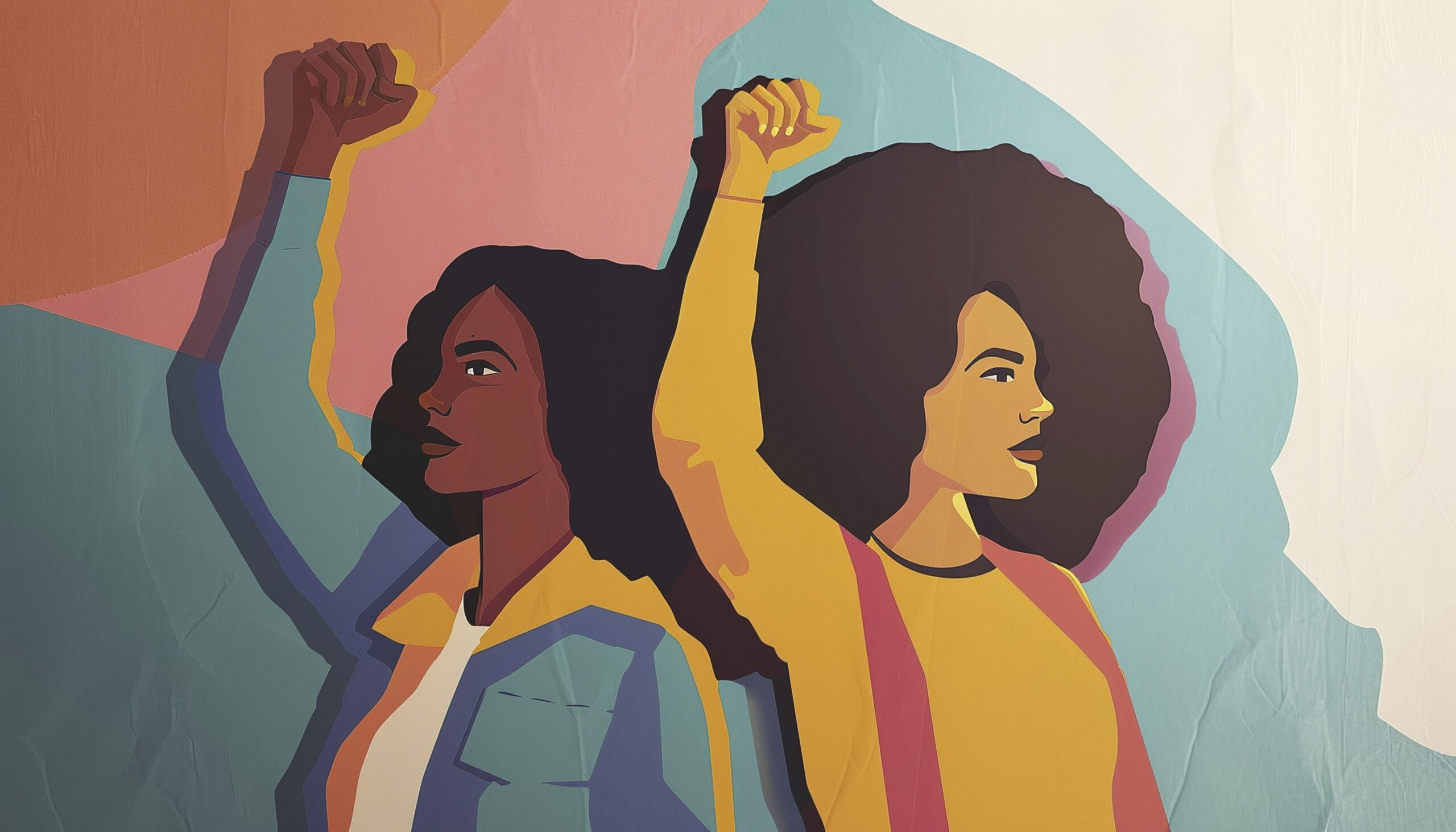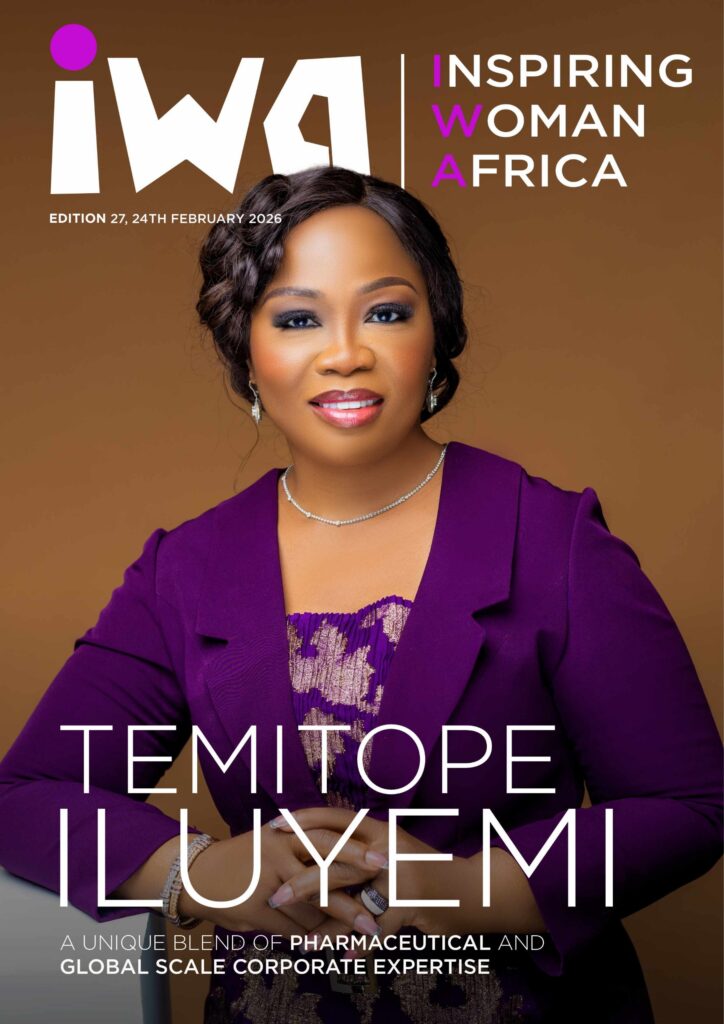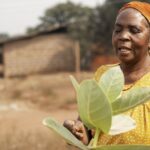
As the United Nations marks its 80th anniversary in 2025, the world reflects on eight decades of advancing peace, human rights, and inclusive development. Central to this journey is the UN’s Gender Equality Agenda, a bold vision that recognises women’s rights as human rights and equality as a prerequisite for peace and prosperity. From the Charter of 1945 to the Sustainable Development Goals (SDGs), the UN has consistently championed gender justice as a cornerstone of global progress. For Nigeria, this agenda has profoundly influenced public policy, civil society mobilization, and the women’s movement, shaping a transformative but ongoing journey toward equality.
The UN’s Gender Equality Legacy
From the early recognition of women’s roles in peace and governance, to the adoption of the Convention on the Elimination of All Forms of Discrimination Against Women (CEDAW) in 1979, and the Beijing Declaration and Platform for Action in 1995, the UN has built the normative framework for gender inclusion worldwide. These frameworks strengthened by UN Security Council Resolution 1325 on Women, Peace and Security (WPS) have redefined women’s participation from the margins to the mainstream of global development and security discourse.
The establishment of UN Women in 2010 further consolidated this vision, driving collaboration with member states to achieve SDG 5 (Gender Equality) and promoting women’s leadership in governance, economy, and peace-building.
Nigeria’s Response: From Policy to Practice
Nigeria’s engagement with the UN’s equality agenda has been dynamic. As a signatory to CEDAW, the Beijing Platform for Action, and UNSCR 1325, the country has translated global commitments into national frameworks that shape its governance and development priorities. The National Gender Policy (2006, revised 2021), the Violence Against Persons (Prohibition) Act 2015, and successive National Action Plans on UNSCR 1325 reflect this alignment.
Moreover, Nigeria’s long-term development blueprints, the National Development Plan (NDP) 2021–2025 and the Nigeria Agenda 2050 integrate gender equality as a central pillar of inclusive growth.
The NDP 2021–2025 emphasises women’s economic empowerment, social inclusion, and participation in decision-making as essential for achieving sustained prosperity.
The Agenda 2050, Nigeria’s vision for a diversified, equitable, and knowledge-driven economy, explicitly acknowledges the empowerment of women and youth as key to reducing poverty and achieving human capital transformation.
Both plans, developed in consultation with UN agencies and development partners, underscore that gender equality is not just a social goal, it is an economic and governance imperative.
The UN’s Impact on Nigeria’s Women’s Movement
Over the decades, the UN’s frameworks have energised Nigeria’s women’s movement from the pioneering struggles of Funmilayo Ransome-Kuti, Gambo Sawaba and Margaret Ekpo to modern civil society coalitions such as the National Women’s Platform on Security Sector Reform and Governance, WOMANIFESTO, 100 Women Lobby Groups and advocacy organizations like the Centre for Nonviolence and Gender Advocacy in Nigeria (CENGAIN). These movements, often working in partnership with UN Women, UNDP, and UNFPA, have amplified women’s participation in political processes, peace dialogues, and institutional reforms.
Through UN-supported programmes, Nigerian women have mobilised for 35% affirmative action, advocated for gender-responsive budgeting and built community resilience in conflict-affected regions. The UN’s presence has thus provided legitimacy, technical expertise, and a global solidarity framework for national activism.
Gains and Gaps
Nigeria has made notable progress: the passage of gender-protective laws, increased participation of women in public institutions, and the mainstreaming of gender considerations into national planning. However, the journey is far from complete. Women still represent less than 6% of elected officials and gender-based violence, socio-cultural barriers, and digital exclusion persist. The full implementation of the Gender Policy, UNSCR 1325 National Action Plans, and the gender-responsive provisions of the NDP and Agenda 2050 remains critical.
As the UN turns 80, it faces a rapidly changing world, one where conflict, technology, and climate change create new forms of inequality. The UN’s support to Nigeria must therefore continue to evolve, fostering innovation, digital inclusion, and institutional accountability to close the gender gap in every sector.
The Way Forward
The UN@80 is more than a commemoration, it is a call to action. For Nigeria, it is an opportunity to deepen the localisation of global gender commitments through the NDP 2021–2025 and Agenda 2050, ensuring that every woman and girl can realise her potential in a secure, just, and prosperous society.
The next phase of Nigeria’s development must place women at the centre as leaders, innovators, peace-builders, and change agents. When gender equality moves from policy to everyday reality, the vision of the UN@80, a world of peace, dignity, and equality for all will finally be within reach.
Dr. Asmau Benzies Leo is a development practitioner with extensive national and international expertise in gender equality, peace-building, governance, and humanitarian action. She holds a PhD in Public Governance and Leadership, a Master’s degree in Conflict Management and Peace Studies, and executive certifications from leading institutions including Howard University, Harvard University and Glasgow Caledonian University. As Executive Director of the Centre for Non-violence and Gender Advocacy in Nigeria (CENGAIN), she has led ground-breaking advocacy initiatives on women’s political participation, gender-based violence prevention, and security sector reform across multiple World Bank, UN and EU-supported projects.
Latest Posts
-
Feb 24, 2026 Busie Matsiko
-
Feb 24, 2026 Seven Money Moves to Make Today





